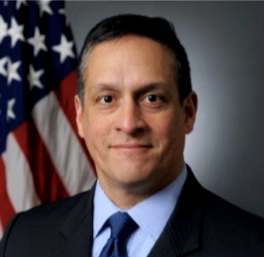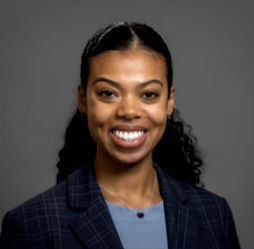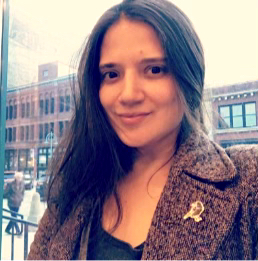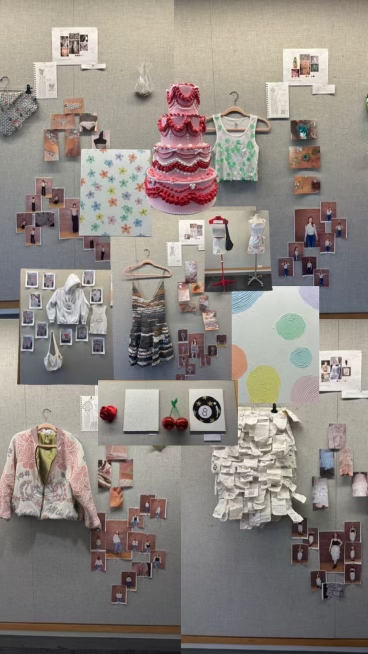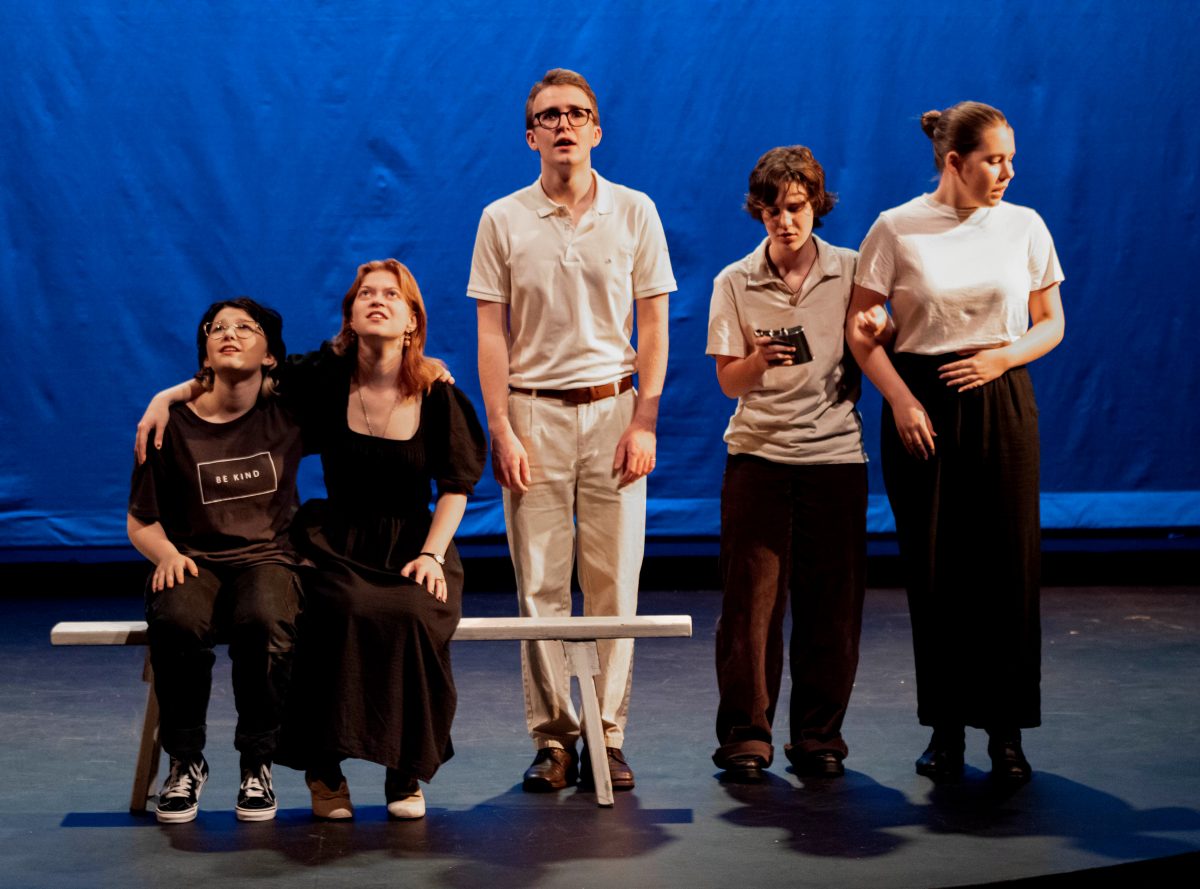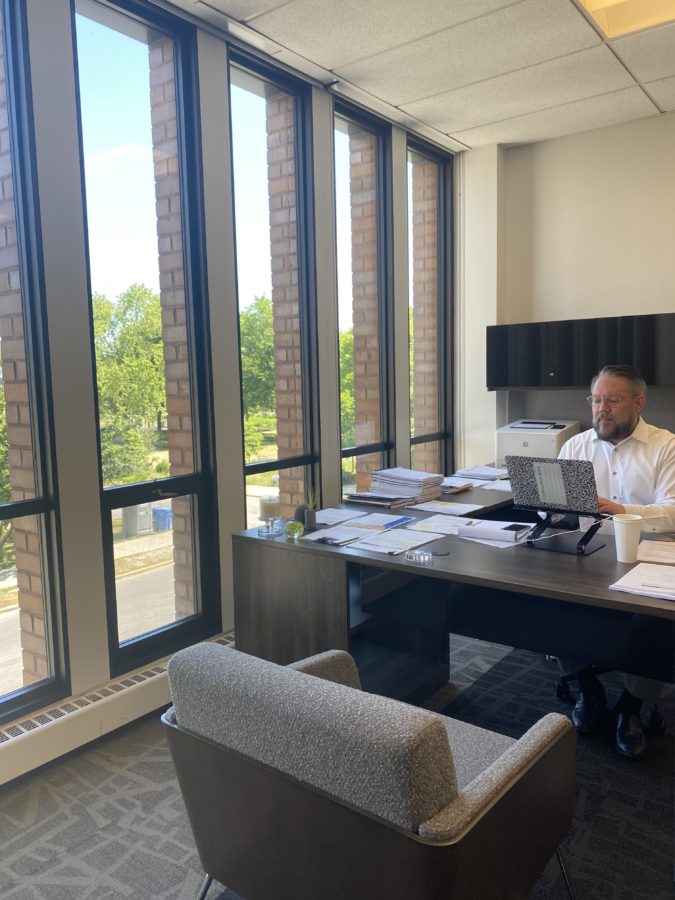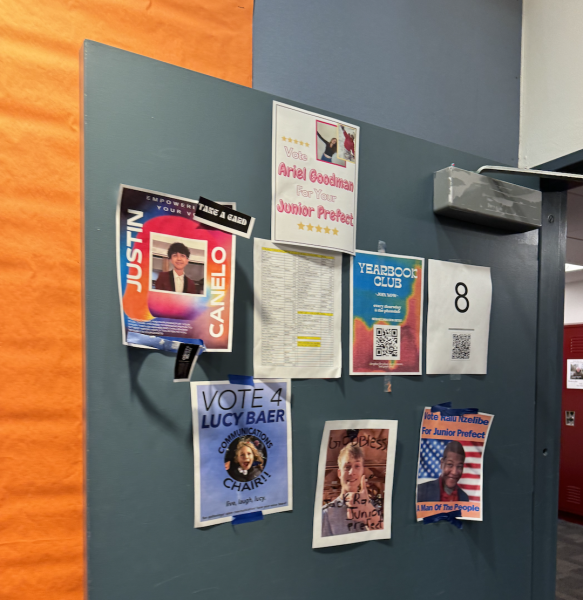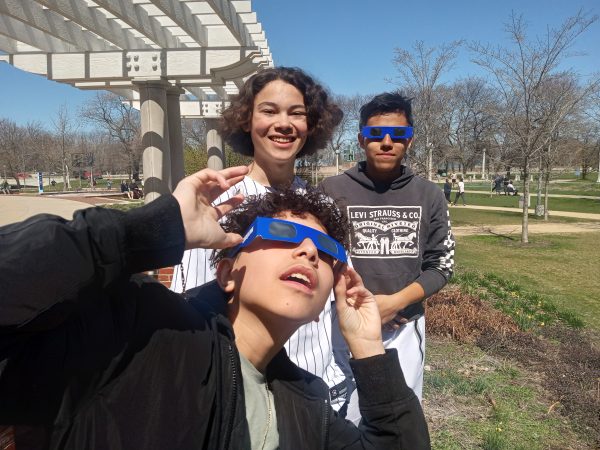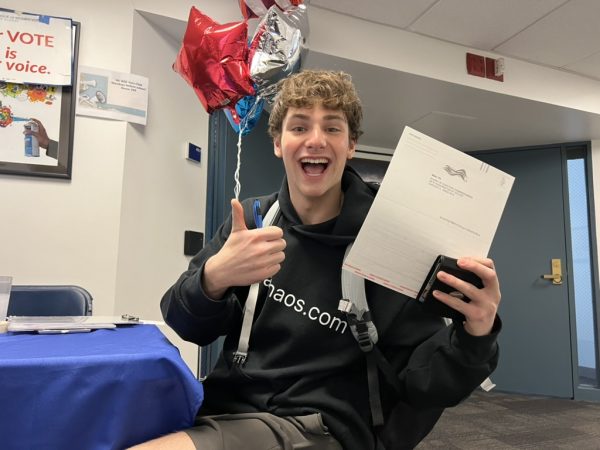Summer Remodel Plans, Changes to Offices and Classrooms
Head of School Thomas Hagerman working in his current office on the second floor.
Plans are underway for office relocation and classroom expansion in Latin’s Upper School this summer. Some of the specific work includes expanding Dr. Hagerman’s current office on the second floor, reconfiguring departmental offices to leave space for extra classrooms, and even adding a meditation room.
It was a contentious few weeks of discussion leading up to finalization of the plans. Among other things, Head of School Thomas Hagerman proposed moving his office to the fifth floor, and then, after getting some feedback, to the third floor. He has now decided to stay on the second floor.
Latin faculty initially raised questions about the impending remodeling following an April 19 meeting with the administration. The discussion that left the biggest impression was reportedly when Latin’s Chief Financial Officer Michael Szczepanek shared plans to relocate Dr. Hagerman’s office. The plans also included using nearby space for an office for the new Assistant Head of School, Ryan Allen. “In order for that to happen, some classroom and office spaces had to be shifted,” Upper School Director of Operations Chanel King wrote in an email to The Forum.
Although Dr. Hagerman was not present for the discussion, a strong teacher reaction prompted him to elaborate on his motivations in a letter to faculty sent shortly after the meeting. “While I was not directly involved in the office and classroom changes/renovations, I did want to address my role in the shifting of my office space,” Dr. Hagerman wrote.
The letter contained three main reasons for the proposed office relocation. The first involved collaboration with colleagues. Dr. Hagerman wrote, “A significant professional challenge for me this year has been the distance between [Assistant Head of School] Shelley [Greenwood]’s office and my own (along with other senior admin).” As a result, Dr. Hagerman hopes to have adjacent offices—or offices as close as possible—to Mr. Allen and Dr. Hagerman’s assistant, Jen Damaska.
The second factor involved noise in Dr. Hagerman’s current office location. He described his office as a “superhighway” of Middle and Upper School students. “It is not part of authentic learning or community spaces,” he wrote.
Lastly, Dr. Hagerman pointed to a concern regarding recent security threats. “There have been multiple issues related to the bus stop, traffic, bikes/pedestrians, and unusual behavior of individuals,” he said. Keeping an office with a view of the front of the school is important to Dr. Hagerman. In the past, he has “been able to view, and when necessary, intervene” in situations as needed.
Faculty wondered whether the proposed moves would actually solve the concerns the construction was intended to address, and they also raised questions about whether the cost of the project was the most efficient use of funds. Regarding remodeling projects in general, Upper School Language Department Chair Xavier Espejo-Vadillo said, “We are questioning whether what we are getting is similar to what we have and if that is actually a good move in terms of the expense that it means. Because we do have furniture, we do have that. We do have chairs. It feels like we could save some money with this, thinking about it differently.”
In addressing Dr. Hagerman’s noise concern specifically, Mr. Espejo also said, “While his office is located close to the bridge between the Middle and Upper Schools, it is hard to imagine that anywhere in a school would be quiet.”
Along with other faculty, Mr. Espejo also expressed accessibility concerns with moving Dr. Hagerman’s office to the fifth floor. He said, “His office is on the second floor, and it feels like it’s easy for a person who has less mobility than others to just get into the elevator, go up one floor, and access the office easily. If he moved to the fifth floor, you would have to do that and then go around the building to the next elevator and then take that all the way up to the fifth floor.”
The new plans also include the relocation of the offices of several departments, including English, language, math, and history. “The idea was for each department to be close together in order to form a collaborative working environment,” Mr. Espejo said.
In addition, the moves are also intended to create more classroom space. President of the Latin School Union and Upper School Latin teacher Elissabeth Legendre said, “I’m thankful that we have a board and administration that have a plan to make sure our facilities are safe and serve the needs of our community.”
Dr. Hagerman echoed Ms. Legendre’s thoughts in an email to the broader Latin community on May 4 regarding the proposed renovations. In adherence to Loris Malaguzzi’s Reggio Emilia Approach to learning, “optimized school spaces should be designed with as much purpose and intention as classroom pedagogy or curriculum,” Dr. Hagerman wrote.
Nevertheless, faculty also questioned whether the existing proposals are prudent. Mr. Espejo said, “I know that throughout this adventure, a lot of people have also voiced things about cost, right? How much money is this going to cost? And, with all the movement of offices around for teachers and everything, are we gaining any space for classrooms? It seems like even though we are getting more people in smaller spaces, we’re only getting about one classroom more.”
In order to allow for departmental offices to be grouped together, teachers will sacrifice some space. “They’re just putting us into offices with smaller spaces, new types of desks, and less cabinet space,” Upper School history teacher Debbie Linder said. “It’s an interesting reconfiguration. We’ll see how it works. I like having a lot of stuff around me.”
Although offices will be smaller, Ms. King assured that “there will still be space to meet with students in the offices.”
Complicating the renovation plans and faculty reaction was the shadow of an important—and, as of now, still unrealized—Language Center project. A donation made in honor of Marsha Dragonetti, a former Latin teacher of 35 years, was intended to be used to build a new Language Center.
Ms. Dragonetti was an influential voice for the Language Department, as “she was always on top of things and very well aware of trends for language learning. That’s how we ended up with the level programs,” Upper School Spanish teacher Leticia Resendiz said. “I’m telling you, 35 years plus at Latin—she made a huge impact. And that’s exactly how we ended up getting a donation.”
There was concern that the building plans raised with faculty on April 19 would potentially infringe on the Language Department plans to put the Dragonetti donation to use and finally bring the Language Center to life. The plan for Dr. Hagerman moving to the third floor called for him to take over rooms 301 and 302 for office space. “302 was Mrs. Dragonetti’s classroom, which we’ve kept, we’ve tried to keep it as is, just how she left it, just to honor her memory,” Ms. Resendiz said.
Dr. Hagerman has only recently become aware of the Language Center project and the strong desire of the Language Department to honor its historically influential teachers. Dr Hagerman addressed this concern among others in his letter to faculty, writing, “I was unaware of Marsha Dragonetti’s legacy until this information was shared with me yesterday and today.”
The Language Center development appears to be ongoing. “We did get an update on construction plans, but there was not anything new about the Language Center,” Ms. Resendiz said.
However, the remaining issues appear to have been resolved. “On May 17, teachers were presented with new blueprints. We found space on [the second floor] for Dr. Hagerman, his assistant, and the new Assistant Head of School to sit together,” Ms. King said. “So their office suite will shift west of where he is now. The other construction throughout the US will allow us to have those in the same department grouped together, a lactation and meditation space, and extra meeting space. And I think we have figured out adding two new classrooms to benefit students.”
Just in time for the start of summer break, the building project has now been finalized and is ready to begin. Dr. Hagerman expressed gratitude for what he thought were productive discussions. “Any meaningful work in complex organizations has the ability to result in differing understandings and opinions,” he said. “Effective communication and collaboration are, in my opinion, important aspects of avoiding potential conflicts. When we foster clarity, build trust, encourage dialogue, enhance transparency, listen to one another, and apply a solution-focussed mindset, we build an important foundation of understanding to engage in difficult work and dialogue.”
Faculty similarly appreciated the collaboration. Ms. Linder said, “One thing that I really like is that [Dr. Hagerman] listened to what people were asking. And he realized that this wasn’t going to work for one reason, this wasn’t going to work for another reason, so he stayed on the second floor, which was a big demand for a lot of teachers.”
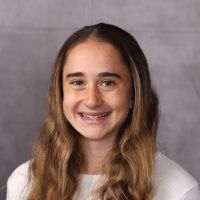
Mia Kotler ('25) is thrilled to be one of the Editors-in-Chief for The Forum this year. She is a passionate writer who enjoys expressing her views and...
















